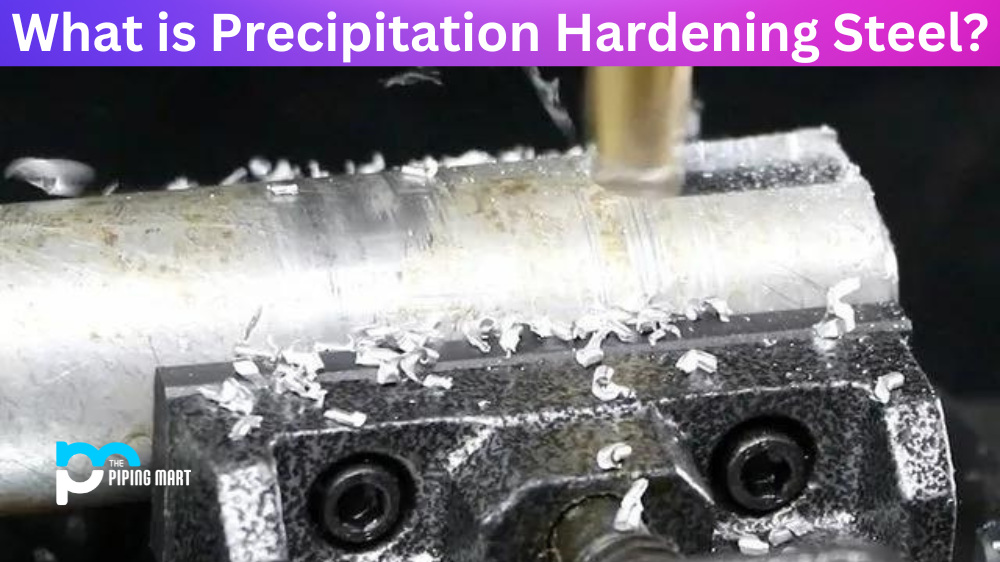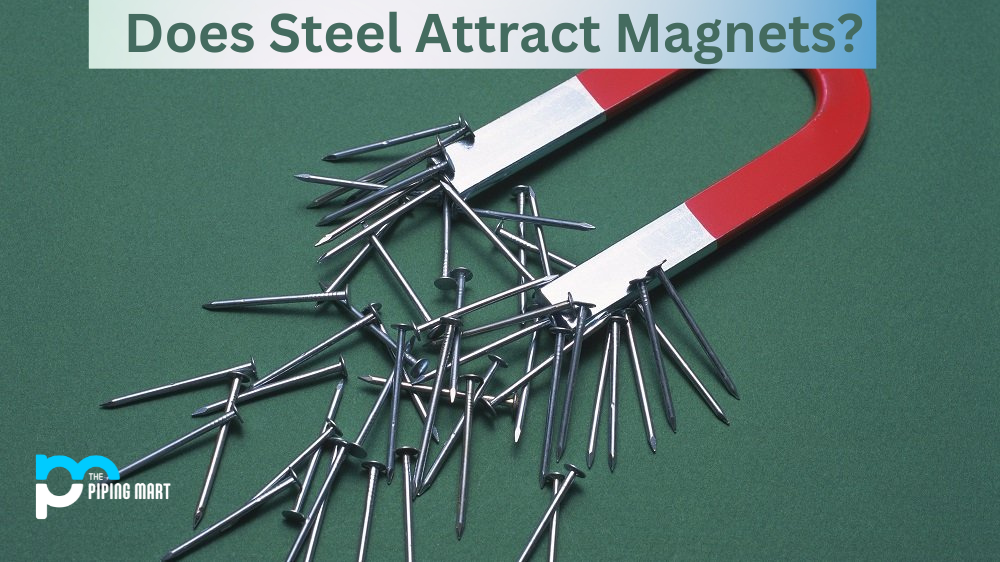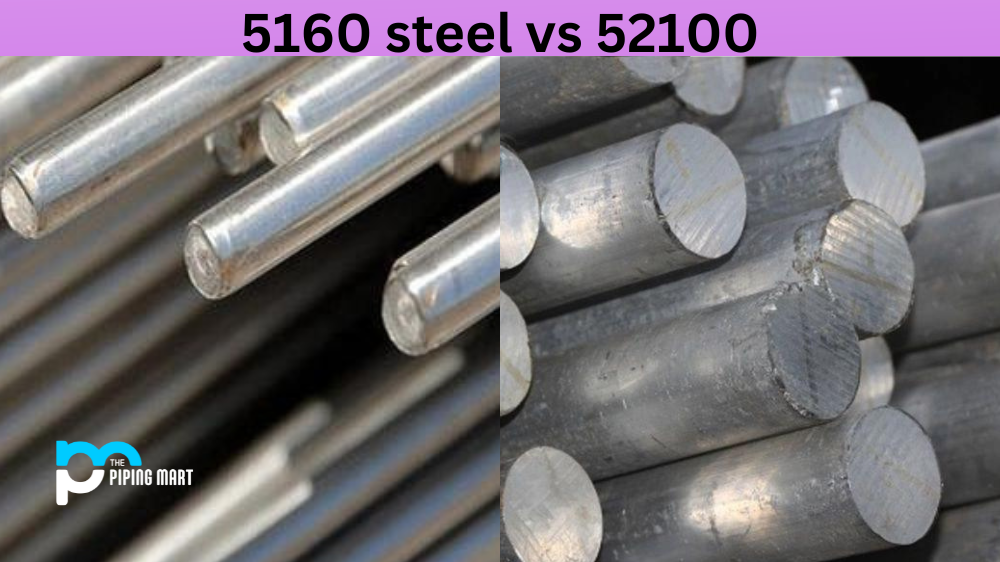If you’re in the manufacturing industry, chances are you’ve heard of precipitation-hardening steel. But what exactly is it, and why is it important? Put simply, precipitation-hardening steel is a type of stainless steel that has been designed to be stronger, more wear-resistant and corrosion-resistant. It also has greater fatigue strength. In this blog post, we will explore the properties of precipitation-hardening steel and why it’s so popular among manufacturers.
What is Precipitation Hardening Steel?
Precipitation hardening steel (PH) is a type of stainless steel with an alloying system that includes nickel, chrome, molybdenum, and other elements. The addition of these elements results in increased strength and hardness compared to conventional stainless steels. This makes PH steels ideal for applications that require superior strength and wear resistance, such as valve components, shafts, gears, or bearings.
Benefits of Precipitation Hardening Steel
One of the key benefits of precipitation hardening steel is its ability to be hardened through age hardening techniques such as heat treatment or cold working processes like strain hardening or shot peening. Age hardening allows manufacturers to increase the strength and hardness level of their components without sacrificing ductility or toughness. This makes PH steels an ideal choice for many different industries, including aerospace and automotive manufacturing, where strength and durability are paramount. Additionally, PH steels offer excellent corrosion resistance, which makes them ideal for medical device manufacturing as well as food processing equipment where hygiene is a must.
Applications for Precipitation Hardening Steel
Precipitation-hardening steel can be used in a variety of industries, from aerospace to food processing equipment manufacturing, due to its combination of strength, wear resistance and corrosion resistance. Some common applications include engine parts such as valves or connecting rods; fasteners; bearings; shafts; gears; tools; springs; pump components; medical implants; aircraft parts; jewelry components; and kitchenware such as knives or cutting boards.
Conclusion:
In conclusion, precipitation hardening steel (PH) offers excellent strength, wear resistance and corrosion resistance which make it an ideal choice for many industries ranging from aerospace to food processing equipment manufacturing, where performance matters most. Its ability to be hardened through age-hardened techniques such as heat treatment or cold working processes like strain hardening or shot peening further enhances its utility for manufacturers looking for superior performance from their components. Whether you’re building engine parts or medical implants, PH Steel has got you covered!

Pipingmart is a B2B portal that specializes in metal, industrial and piping items. Additionally, we share the latest information and information about materials, products and various types of grades to assist businesses that are involved in this business.




